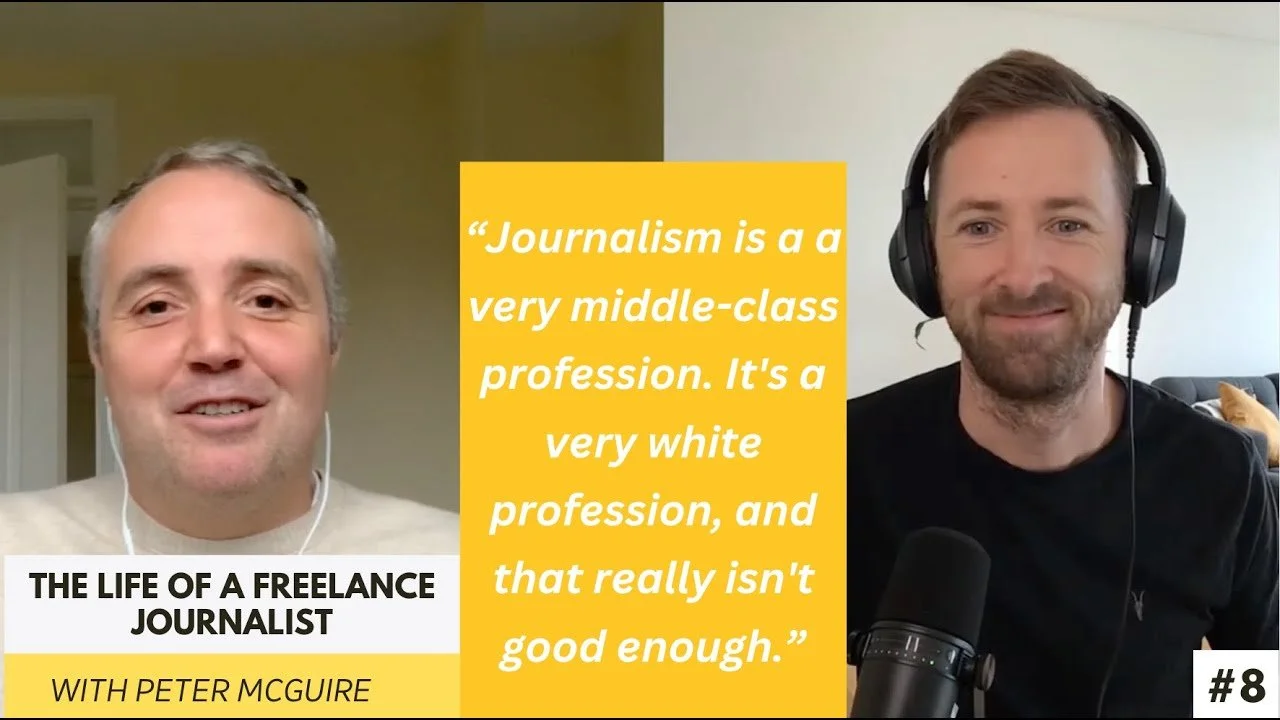Finding Your Purpose in 2015
Finding purpose is as relevant now as it ever was, but it’s not getting any easier. Sometimes I wonder if marketing and advertising coax us into finding meaning in the pursuit of a goal - the next best product. Then when we get it, we’re still not satisfied or we’re even less satisfied because now we need to find another goal to chase. Most people will acknowledge that goal-setting is important, but there's more to it than just that. Setting the right goal is crucial so that we are pursuing what we are genuinely interested in achieving. For many people, they feel that their happiness is correlated with money, but that turns out not to be true in general - (I discussed this argument thoroughly in a previous blog post here). So if it’s not money we’re after, what is it? In one word: Purpose. The only problem is that everyone discovers this in different ways and some people feel it's very difficult to find at all.
If you don’t know what you really want, how are you going to get it?
Check out my blog on the 4 Steps to Real Success to find out what’s important to you and what’s not. You may be surprised by your own answers!
Purpose or Process?
Why is this relevant to career and life coaching? The reason is that many people are looking to find their purpose through their career, so it’s essential that we discuss this issue. However it’s also important to remember that we can find purpose in our careers or in our personal lives. Some people want their work to make a difference and if you’re one of those people, I think it’s a good idea to go a little bit deeper for yourself. You might find that you’re actually very specific about what you want to make a difference with. Here are some sample questions that will help you to discover it.
Is it actually important for you that your work makes a difference on a social level? Or would you be equally happy if your work gave you an income so that you could make a difference to society outside of working hours? In other words, do you perceive your work as inhibiting you making a difference or facilitating you making a difference?
On the other hand, what if you already have all of the purpose you need in your personal life and you don’t need it in your career? In that case, perhaps you’re more interested in what the process is like. In other words, you’re more concerned about the who, what, where, when and how of your job, as opposed to the ultimate outcome of the work. Based on your answers to the above questions, you’re going to have to alter the way you search for your career path.
Contributing beyond yourself
This is a great way to experience a higher meaning in your life. When many of the rich and famous get to the top of their game, one of the more notable things they do is to contribute beyond themselves for the greater good of society or the world. They set up foundations, charities or support NGO’s that are already established. You don’t have to go far to find examples of this (e.g. Bill Gates, David Becham, Mark Zuckerberg etc.).
If you’re not sure what to do or where to go, a great place to find contribution opportunities is on Volunteer.ie. If that’s not enough to stimulate your imagination, check out the downloadable Contribution Goals here or click the image above.
Law of Dharma
I came across the Law of Dharma while reading Deepak Chopra’s ‘Seven Spiritual Laws of Success’. And while I wouldn’t really describe myself as a very spiritual person at all, I did enjoy this book. It’s too easy to only look at the analytical books, textbooks or journals which collect theories, data and studies - I believe we have to read wider than that.
NASA - A famous story of purpose
One of the most famous examples of someone finding purpose in their work was when US President John F. Kennedy visited the NASA headquarters. The then President took a short stop to speak to a man in the hallway. “Hi, I’m Jack Kennedy. What are you doing?” he asked.
“Well, Mr President” the janitor replied, “I’m helping put a man on the moon.”
It’s a fantastic example that is often referred to when noting the way that NASA engaged the staff in their mission. So although the janitor wasn’t directly involved in the engineering process or flying to the moon, he still felt pride in the fact that he had a significant part to play in the overall process.
I hope this post was of help to you and thanks for reading. Ronan













